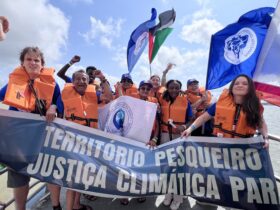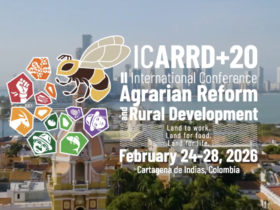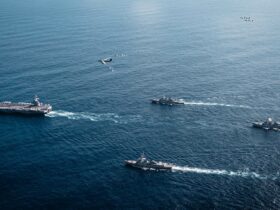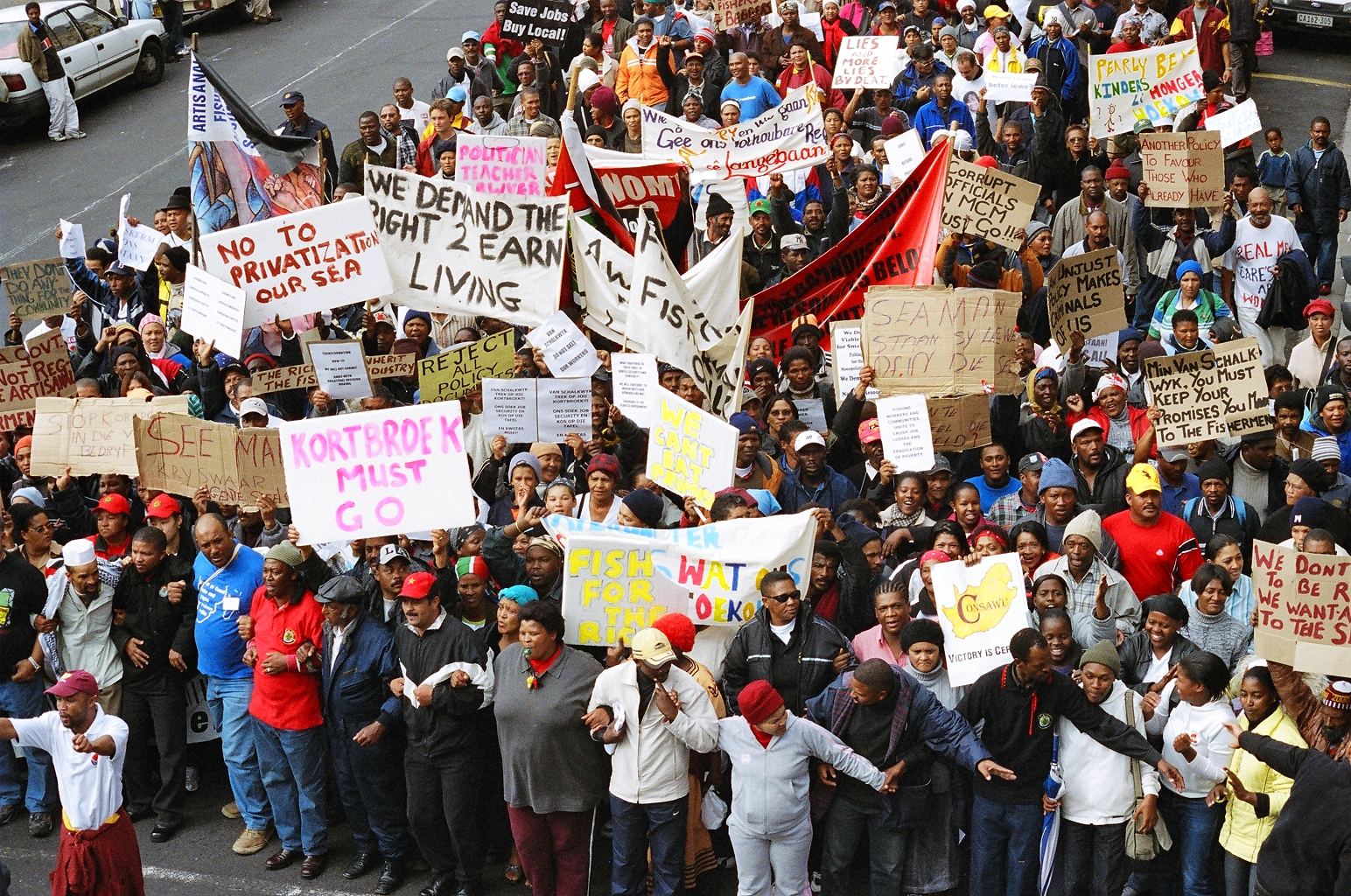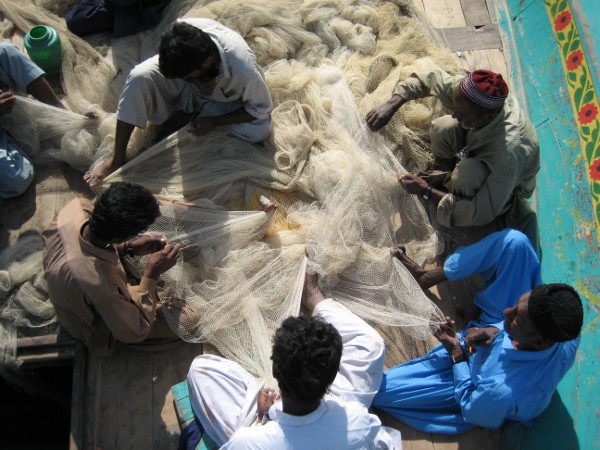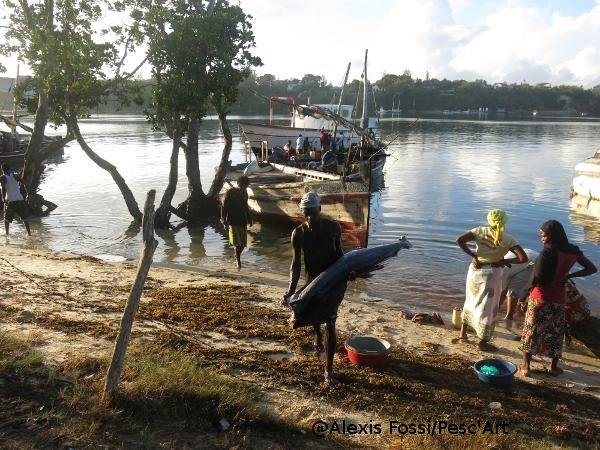Honduras’ pristine marine waters are under multiple threats from transnational corporations and investors, as well as powerful politicians. Since the 1970s, 70,000 hectares equivalent to half of Gulf of Fonseca’s mangrove forests have gone from community ownership to private concessions. North and South American or European corporations have taken native populations’ rights to access resources away, mainly for tourism and ...
“UPHOLD our human and fishing rights as fisherfolk of the world, protect our livelihoods, pursue social justice for fishing communities, preserve and promote the culture of fishing communities worldwide, affirm water as the source of all life and commit ourselves to sustain fisheries and all aquatic resources for present and future generations of the world”. With these words, fisherfolk from ...
Small-scale fishers worldwide will benefit significantly when international guidelines governing the sector are finally adopted. The Voluntary Guidelines for Securing Sustainable Small-Scale Fisheries in the Context of Food Security and Poverty Eradication (The Voluntary Guidelines) was approved at an international forum in Rome in July. According to Naseegh Jaffer, National Director of Masifundise and Co-ordinator of the WFFP, the Voluntary ...
In an address to the United Nations General Assembly in 2012, the UN Special Rapporteur on the Right to Food, Olivier De Schutter, spoke about the major threat “Ocean Grabbing” poses to small-scale fishers. For the first time, the UN used a term which progressive movements had used for years. But little has been done to unpack its meaning, ...
Conflicts over fish and other resources between the Mi’kmaq (Indigenous people) and colonial powers have a 400 year-long history in Nova Scotia, Canada. The Mi’kmaq Treaties – the solemn agreements of 1760/61 between colonisers and Mi’kmaq that set out long-standing promises, mutual obligations and benefits is one of several treaties acknowledging the rights of the L’stkuk community, known as Bear ...
When the federal government of India first brought in the Coastal Regulation Zone (CRZ) in 1991, it was designed to protect the first 500 meters of India’s coastline and ensure preferential access rights for fishers. However, up until 2005 the act had been amended a total of 22 times in favour of industries and hoteliers, leading to a loss of ...
[button link=’https://wffp-web.org/2014/08/24/cria-de-camaron-frente-derechos-territoriales-ancestrales-en-ecuador/’ size=’large’ color=’red’ target=’blank’]En Español[/button] Ecuador is the fifth largest producer of shrimp worldwide, generating over one billion dollars a year. Ecuador’s fragile wetlands have been devastated by shrimp farming – according to official statistics, the national area of mangroves went from 362,000 hectares to 108,000 hectares. Although the shrimp industry employs 250,000 people in Ecuador, a much higher ...
[button link=’https://wffp-web.org/2014/08/24/ecuador-shrimp-farming-vs-ancestral-land-rights/?preview=true&preview_id=506&preview_nonce=2c531e48ff&post_format=standard’ size=’large’ color=’blue’ target=’blank’]In English[/button] Ecuador es el quinto mayor productor mundial de camarón, una actividad que genera más de mil millones de dólares estadounidenses al año. Los frágiles humedales del país han sido devastados por la cría de camarón; según estadísticas oficiales, la superficie nacional de manglares se ha reducido de 362.000 hectáreas a apenas 108.000. Aunque la industria del camarón emplea ...
When the terrorization of the Horn of Africa by the Al-Quaeda linked Al-Shabaab could no longer be ignored, Kenya responded by sending troops into Southern Somalia in October 2011, but even that could not put an end the threat upon the local populace, including fishing communities. Political turmoil in the coastal region has seen attacks carried out in the name ...

